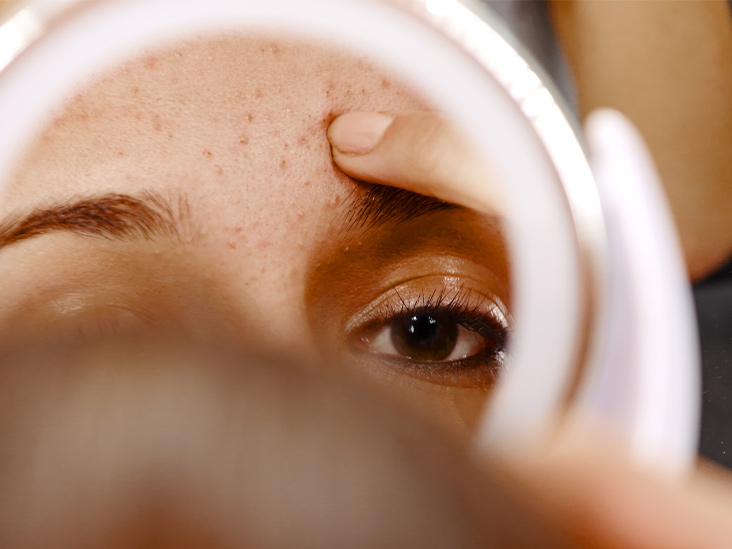When chosen for the right reasons, cosmetic surgery can greatly enhance your confidence and self-image by facilitating improvement in body image. The choice to undergo plastic surgery is a serious and important undertaking; selecting the correct doctor and preparing yourself both mentally and physically, will make the experience safer, more predictable, and easier to recover from. Proper preparation for plastic surgery is critical to ensure that you are optimally ready to do your part during the recovery period, helping to ensure that your procedure goes smoothly and meets expectations.
Your role in a Smooth Recovery
So, what can you do to enhance your chances of a smooth recovery?
Schedule Surgery When You’re Healthy
If you are planning elective surgery, try to schedule it during a period of relatively good health. This will give your immune system the best chance of a speedy recovery. Many patients find scheduling their surgery at the year-end ideal when they can bridge a few days off with paid vacation time.
Get Enough Essential Nutrients
You should supplement your diet before and after surgery with high levels of vitamin A, vitamin C, zinc, copper and selenium. Each plays a role in wound healing and in building the immune system thereby reducing the chance of infection. Obtaining enough nutrients is especially important for recovery after more comprehensive procedures like a tummy tuck, facelift or liposuction.
While not an essential nutrient, taking a probiotic can also benefit your recovery after plastic surgery. Probiotics, the beneficial bacteria that reside in the digestive tract, help support immune system function and enhance the absorption of vitamins and nutrients.
Increase Your Protein Intake
Two of the most important healing elements are calories and protein. Extra protein is needed to build new tissue and blood vessels, repair injured tissue and step up production of cells that repair the wound. Choose high quality protein sources like fish, poultry, beans & legumes or lean cuts of meat.
Discontinue Taking Certain Supplements
Some nutritional supplements may cause adverse reactions during or after surgery, including prolonged bleeding, interference with anesthesia, cardiovascular disturbances, and interactions with prescription drugs. These supplements, including dong quai, echinacea, fish oil caps, garlic, ginger, ginkgo biloba, ginseng, kava kava, ephedra, St.John’s Wort, and vitamin E, should be discontinued two weeks prior to surgery, and two weeks after surgery.

Stay Well-Hydrated by Drinking Water
It is important to drink at least 6-8 glasses of water each day and especially the day prior to surgery, to help cleanse and hydrate the body. Water is especially important prior to surgery, as fluid intake is reduced the day of surgery. To avoid complications during surgery, be sure that you do not drink anything after midnight the night prior to your surgery, unless told otherwise by your surgeon.
Supplement with a Natural Stool Softener
After surgery, many patients find that they are very constipated for several days which can cause discomfort. Dehydration, narcotics and anesthetic agents used during surgery all contribute to the digestive issue. You can prevent this problem by eating a few prunes each day just prior to and after your surgery. You can also take SurgiLax™, a supplement specifically formulated for post-op constipation.
Do not Take Aspirin or Aspirin-Containing Products
Aspirin is not recommended prior to surgery because it is an anti-coagulant (blood thinner) and can promote bleeding during surgery. Aspirin therapy should be discontinued two weeks prior to surgery.
Do not Drink Alcohol 72 Hours Prior/After Surgery
Alcohol suppresses the immune system and should be avoided around the time of surgery.
Do not Smoke 2 Weeks Prior/After Your Surgery
Smoking inhibits wound healing because less oxygen is supplied to the body’s cells. In addition, smoking increases the risk of complications during surgery. You should be aware that some facial plastic surgeons and plastic surgeons will not perform a facelift on patients who smoke as their wound healing and recovery is inhibited by smoking.

Participate in Relaxation Techniques
Listening to relaxation tapes or soothing music, taking a yoga or meditation class are examples of relaxation techniques that help to reduce stress.
Build a Support Structure
Rely on your family and friends to help you during the stressful time of a surgery. From assisting with household chores to providing emotional support, having them around is a plus.
Other Things to Consider
If the results don’t meet the ideal that you expected, discuss your concerns at your next visit. No matter the body part, if you have two, one side will be naturally higher, bigger, or different than the other. Our eyes often don’t see those mismatches until after surgery, when everything looks new to the eye. Your plastic surgeon can help you distinguish mismatches that occur naturally from those that result from surgery.
The better informed you are before your surgery, the more likely you’ll be satisfied with the results of well-done operation. Plastic surgeons can’t change your genetics, your tissue tone, or your basic underlying asymmetry. The better you understand those limits, the more likely you’ll be happy with the results.
We hope the information presented in this article helps you better prepare for your upcoming cosmetic surgery. Let us know your experiences in the comments below.



